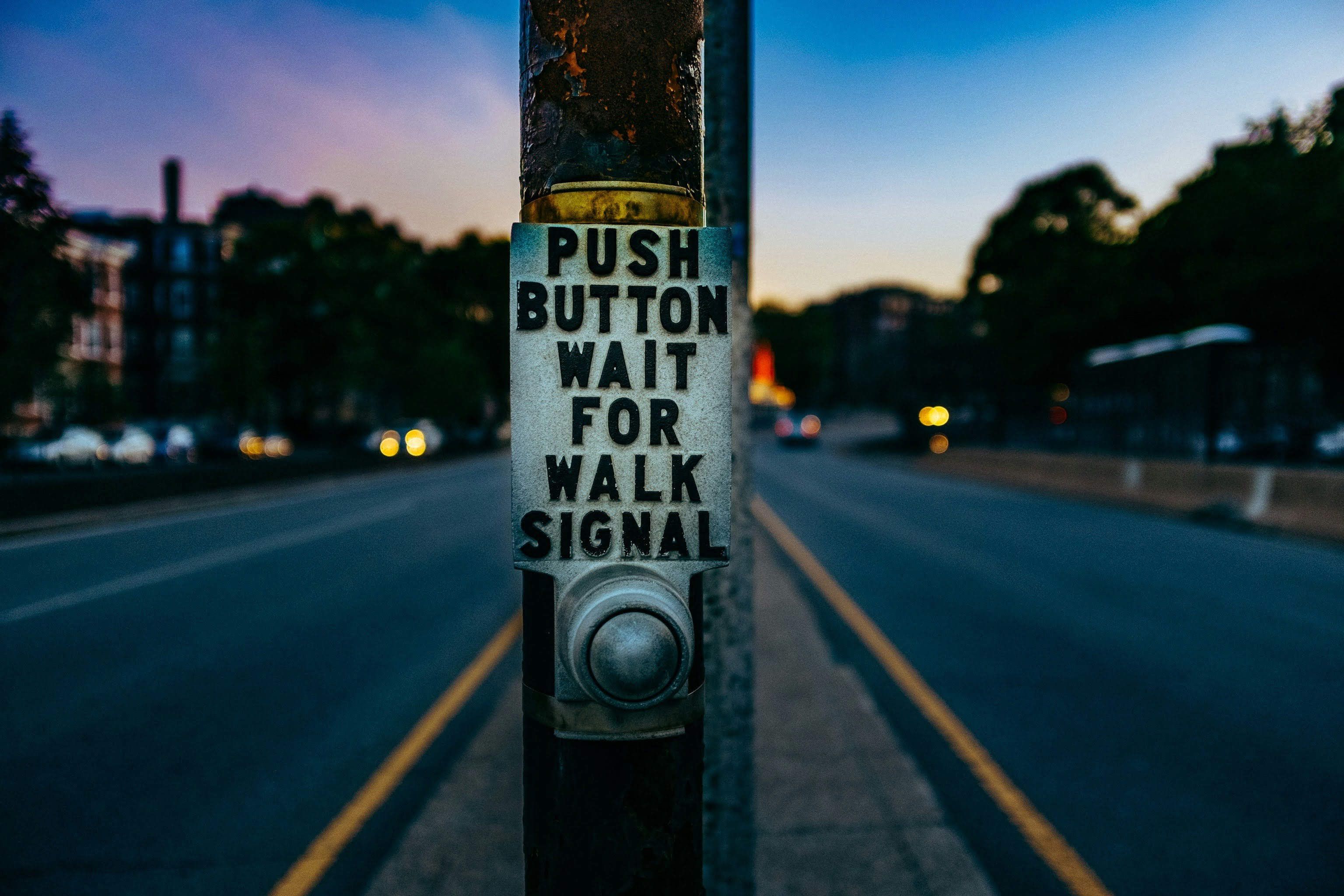
The Pause Advantage
October 1, 2025
A pause allows the prefrontal cortex (the thinking part of the brain) to re-engage. That means decisions made after a pause are more likely to be thoughtful and constructive. Emotionally intelligent leaders use pauses in many ways. Before answering a challenging question, giving themselves time to consider tone as well as content. Or in conflict, preventing escalation and modelling calm. They pause in meetings, encouraging others to contribute.
Cultures built on surveillance may achieve compliance, but rarely inspire commitment. They breed anxiety, erode creativity, and push employees into defensive routines designed to avoid blame rather than deliver excellence. Worse, they send a signal of mistrust that lingers far longer than any performance report. Trust-based cultures also build resilience. In times of uncertainty, it is not constant monitoring that keeps organisations afloat.
Cultures built on ego tend to encourage conformity rather than creativity. They reward proximity to power over genuine talent. And worst of all, they leave customers (the very reason the organisation exists) out of the conversation. Staff become consumed with internal politics while competitors quietly seize the opportunity to connect with the market. Over time, this leads to disengagement and turnover.
So many marketers love data. In fact, the whole business world seems infatuated with it. Dashboards, charts, analytics platforms. You can’t open a meeting without someone throwing up a chart covered in numbers. Of course, data matters. It gives us a way to track, measure, and compare. But somewhere along the line, too much attention has been given to it, especially from senior teams.
On a building site, ‘backfilling’ means to refill an excavated hole with the material dug out of it. I think it makes a good analogy for what happens in an organisation when promotions aren’t well planned. We create the need to “backfill” when we promote someone without preparing their successor. What happens next? The newly promoted manager is stretched like a rubber band and snapped back into their old job to fix problems.
You’d think by now we’d have cracked it. After all, we’ve had years of practice. Endless Teams calls. Countless Zoom meetings. Surely, by 2025, everyone in the workplace should know how to present a document on screen.Apparently, no. For a generation raised on smartphones and social feeds, the inability to navigate a simple screen share is oddly persistent.
Visit our YouTube channel to watch client testimonials, case studies and expert insight on our work in Organisational Culture Change